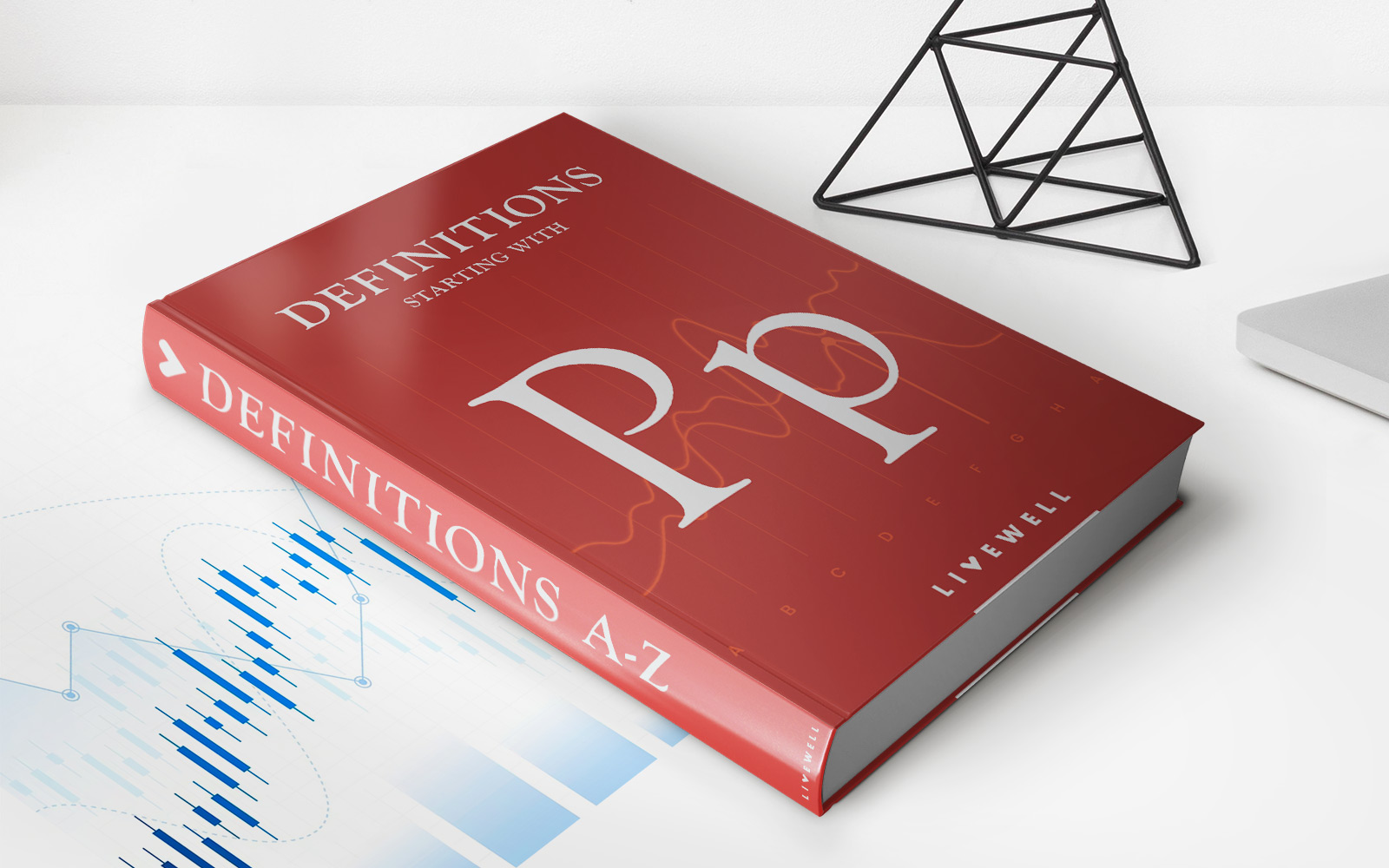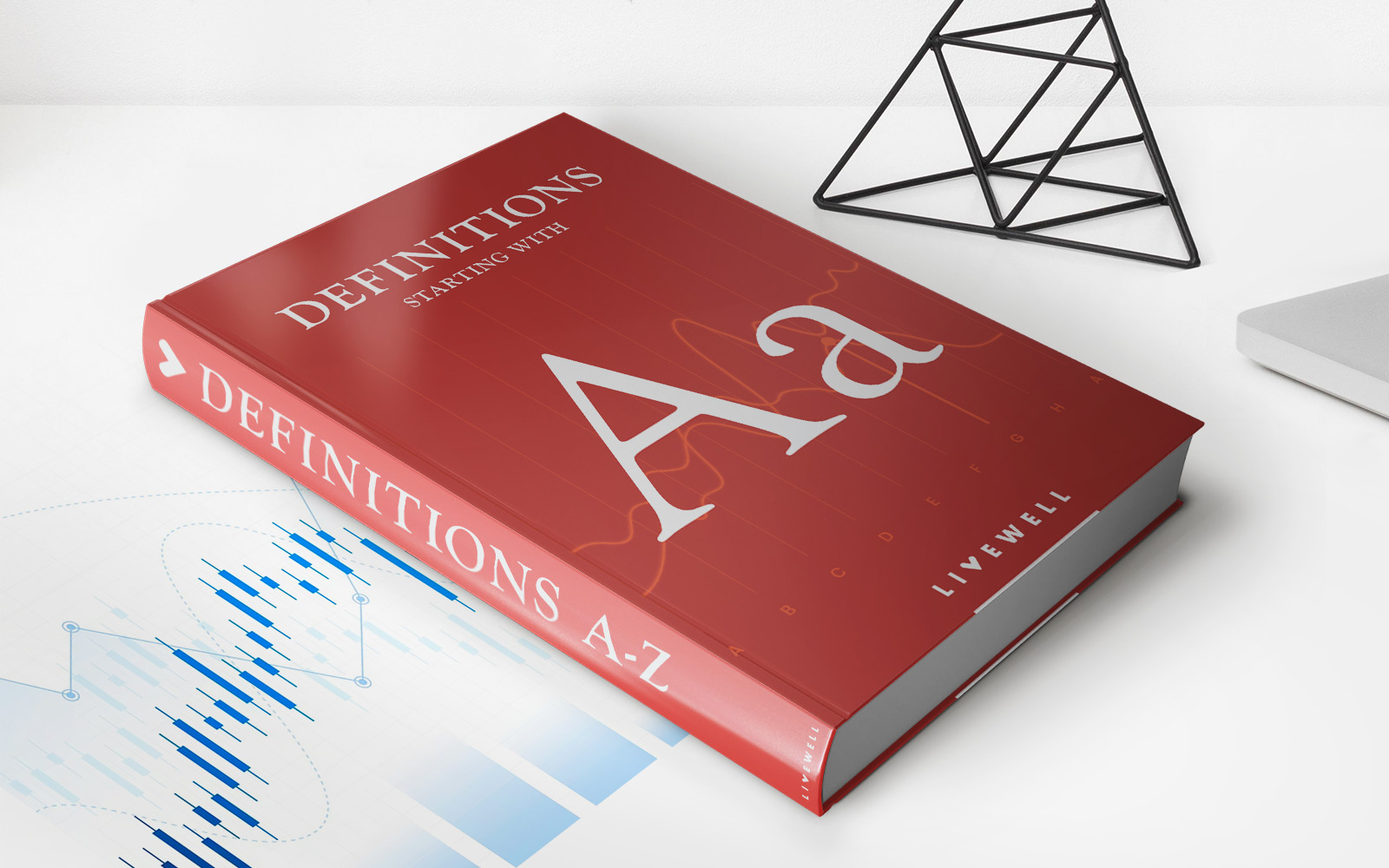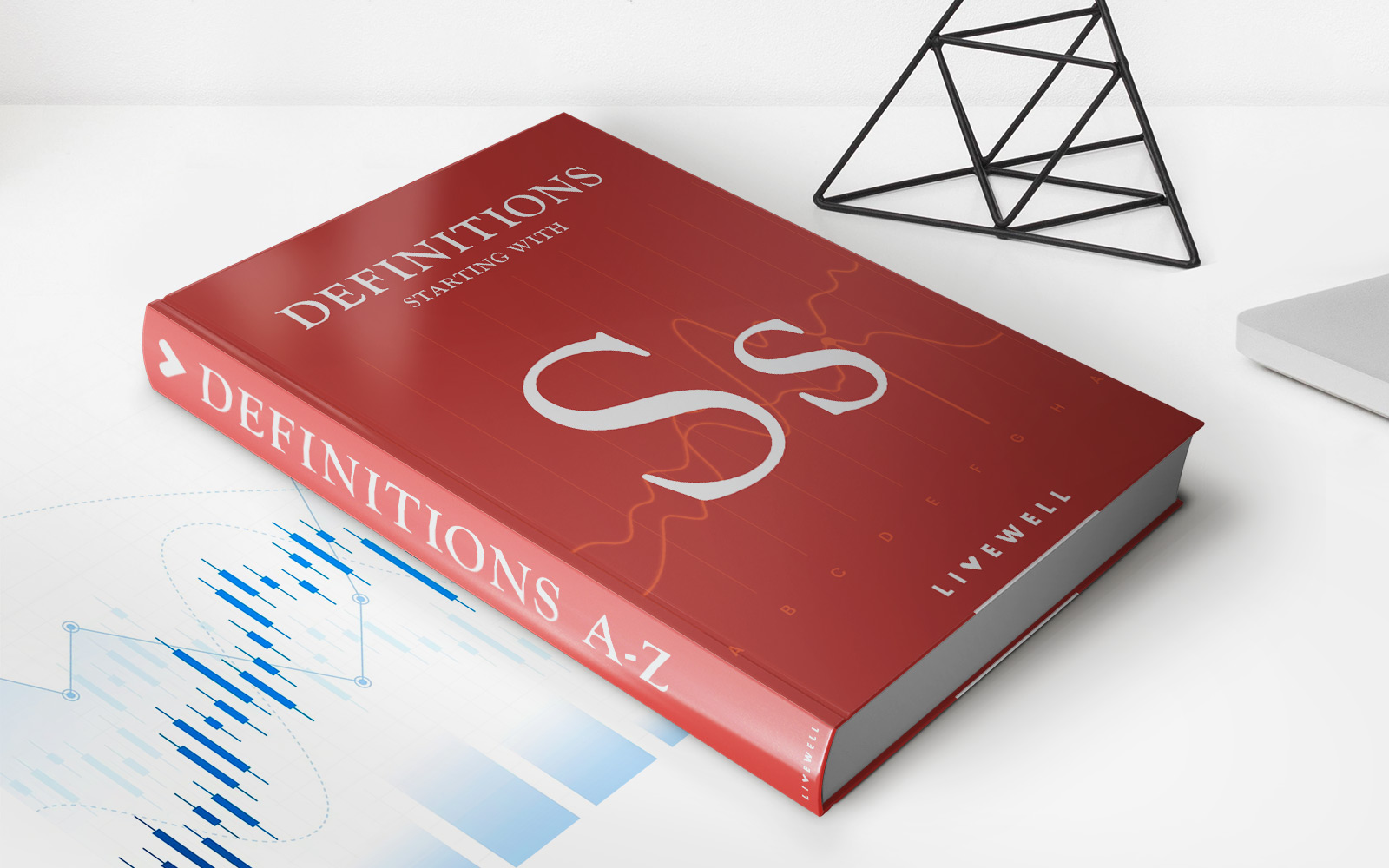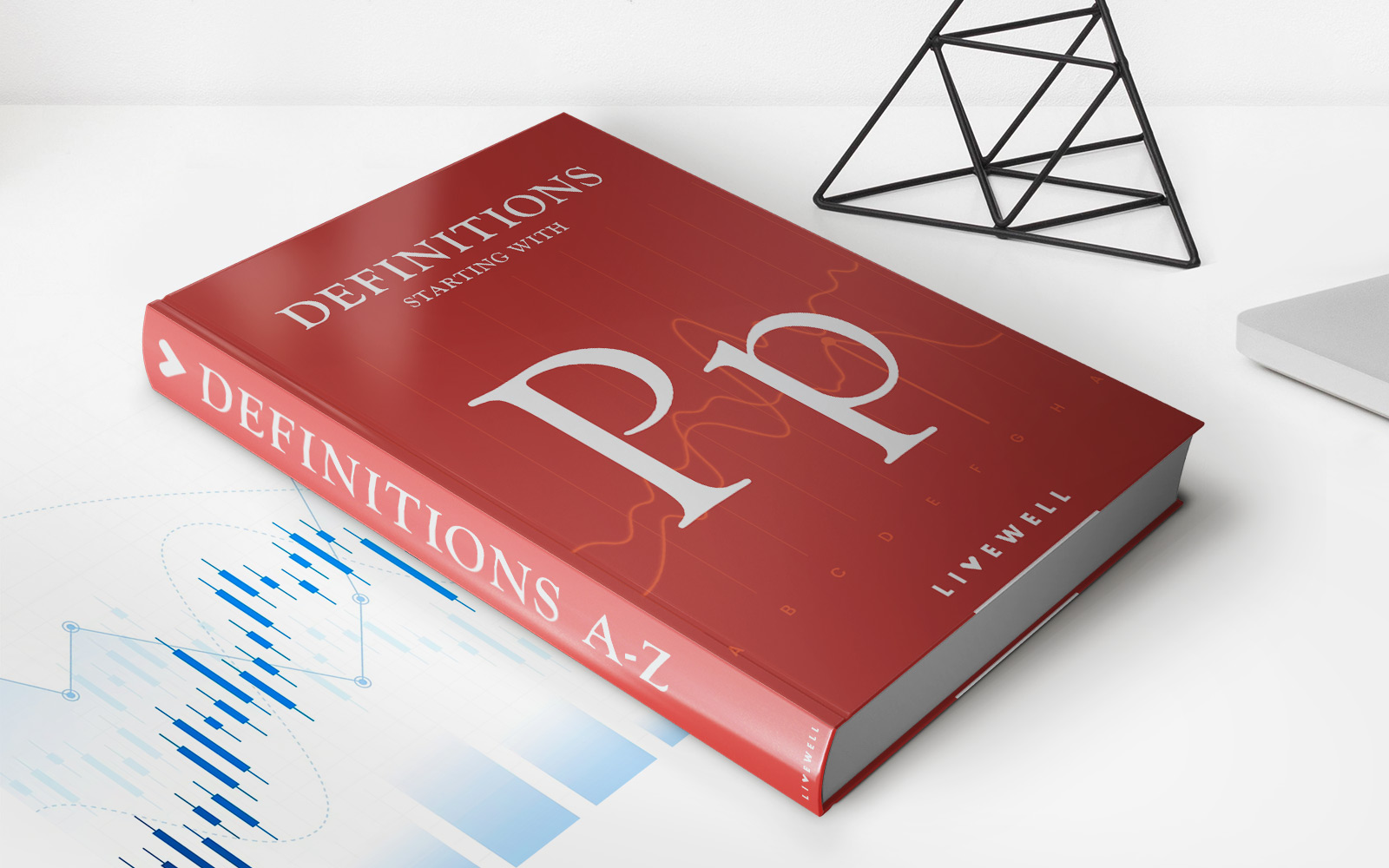Home>Finance>Pre-Approval: Definition, Meaning, How It Works, And Types
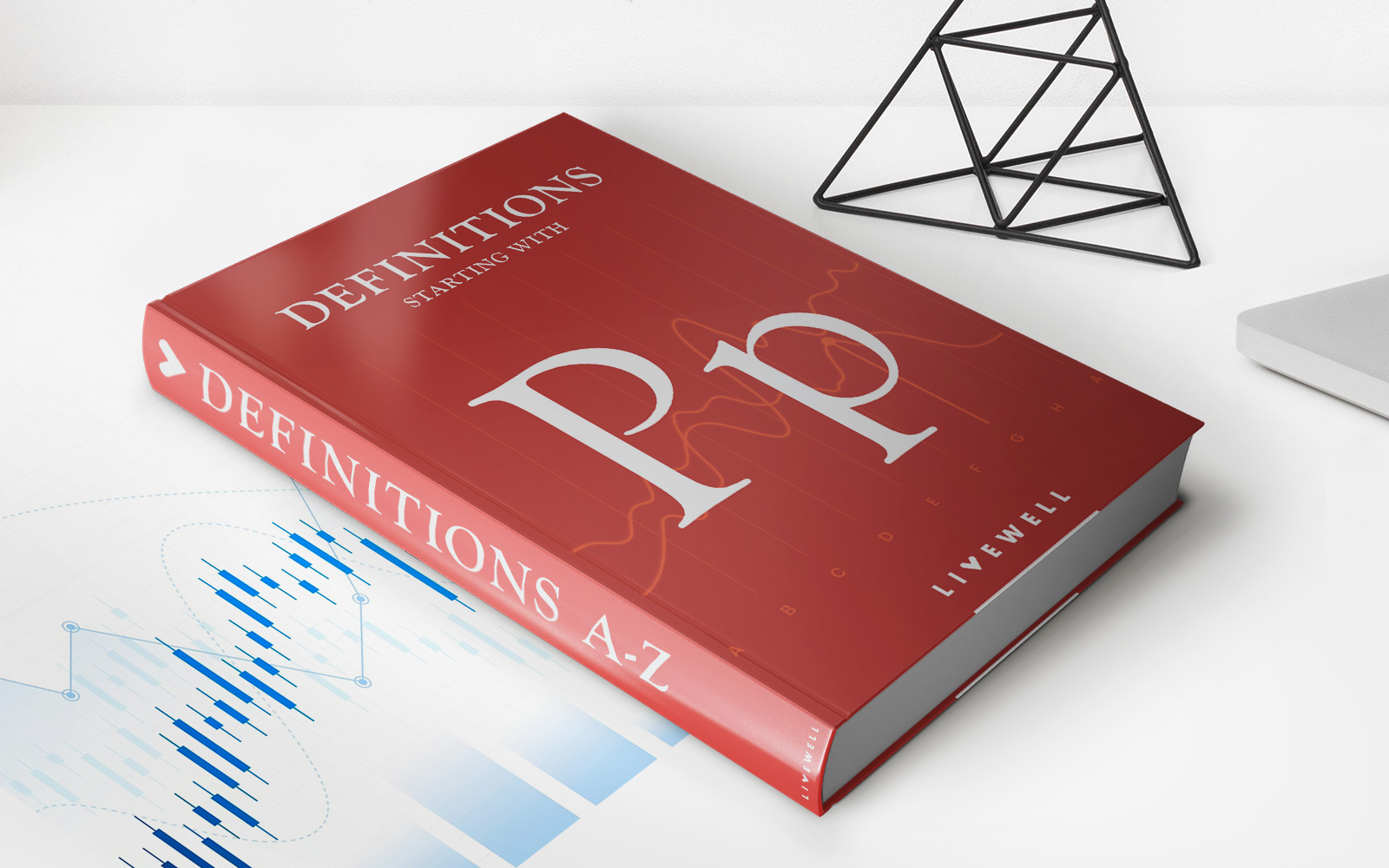

Finance
Pre-Approval: Definition, Meaning, How It Works, And Types
Published: January 10, 2024
Learn the definition, meaning, and types of pre-approval in finance. Discover how it works and its significance in financial decision-making.
(Many of the links in this article redirect to a specific reviewed product. Your purchase of these products through affiliate links helps to generate commission for LiveWell, at no extra cost. Learn more)
Pre-Approval: Definition, Meaning, How It Works, and Types
Welcome to the Finance section of our blog! In today’s post, we are going to dive into the world of pre-approval. Whether you’re planning to buy a home, finance a car, or apply for a credit card, understanding pre-approval is crucial. In this article, we will explore what pre-approval means, how it works, and the different types available. So, let’s get started!
Key Takeaways:
- Pre-approval is an important step in the loan application process that assesses your creditworthiness
- It provides you with an estimate of the amount you can borrow and helps determine your eligibility for a loan
What is Pre-Approval?
Pre-approval refers to the process in which a lender evaluates your financial information to determine if you are a suitable candidate for a loan. It involves a detailed analysis of your credit history, income, debt-to-income ratio, and other relevant factors. The goals of pre-approval are twofold: firstly, to provide you with an indication of the loan amount you can borrow, and secondly, to determine the terms and conditions under which you can secure the loan.
Now that we know what pre-approval is, let’s take a look at how the process works.
How Does Pre-Approval Work?
The pre-approval process typically starts with an application, which can be done online or in person at a bank or lending institution. You will be required to provide detailed information about your finances, including your income, assets, and debts. The lender will verify this information and pull your credit report to assess your creditworthiness.
After analyzing your financial information, the lender will provide you with a pre-approval letter or certificate. This document outlines the loan amount you are eligible to borrow, the interest rate, and any other conditions that need to be met. It’s important to note that pre-approval is not a guarantee of final approval, but it is a strong indication of your creditworthiness and can enhance your negotiating power when making an offer on a property or purchasing a vehicle.
Types of Pre-Approval:
Now that we understand the process, let’s explore the different types of pre-approval available:
- Mortgage Pre-Approval: If you’re planning to buy a home, getting pre-approved for a mortgage is a smart move. It allows you to determine your budget, negotiate better terms, and show sellers that you are a serious buyer.
- Auto Loan Pre-Approval: When purchasing a car, pre-approval for an auto loan streamlines the buying process. You can shop for vehicles within your price range, negotiate with confidence, and often secure a better interest rate.
- Credit Card Pre-Approval: Credit card issuers often offer pre-approval to potential customers. This process involves a soft credit check and indicates which credit cards you are most likely to be approved for. It can save you time and help you choose the best credit card options.
With the different types of pre-approval available, you can now take a step towards achieving your financial goals with confidence.
Conclusion
Pre-approval is a crucial step in the loan application process. Understanding what pre-approval means, how it works, and the different types available will equip you with the knowledge to make informed financial decisions. Remember, pre-approval provides you with an estimate of the amount you can borrow and helps determine your eligibility for a loan. So, be sure to explore your pre-approval options before taking the next financial leap!
